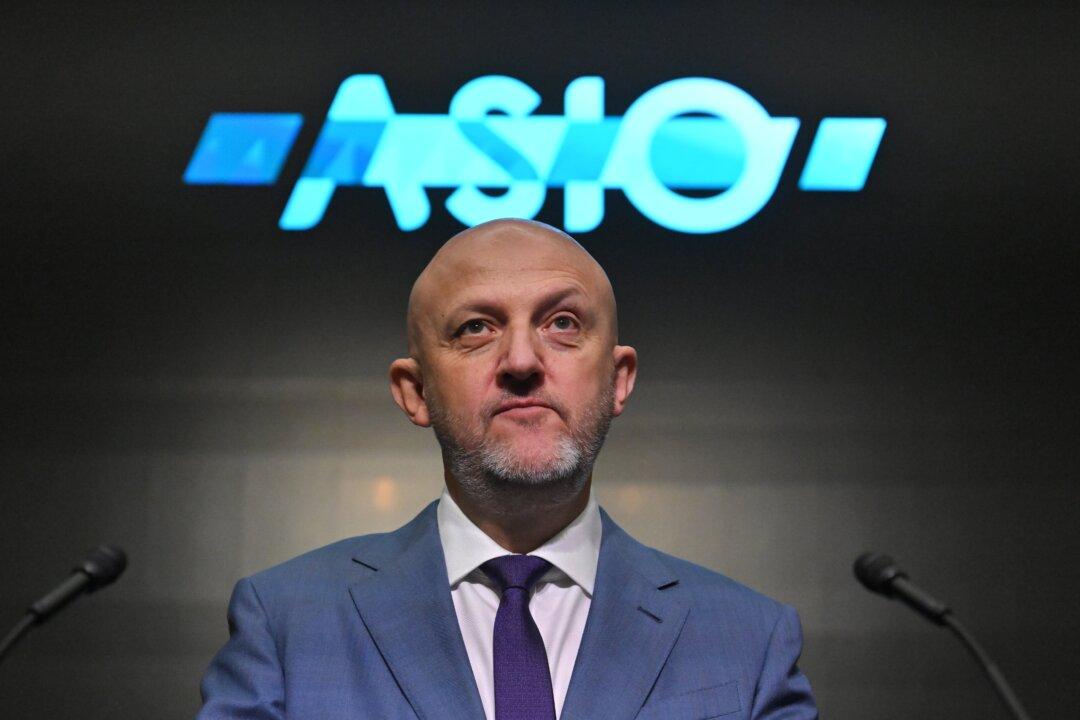Commentary
The sacking of the director-generals of Australia’s security agencies as permanent attendees of the country’s National Security Committee (NSC) is an issue of grave concern.

The sacking of the director-generals of Australia’s security agencies as permanent attendees of the country’s National Security Committee (NSC) is an issue of grave concern.